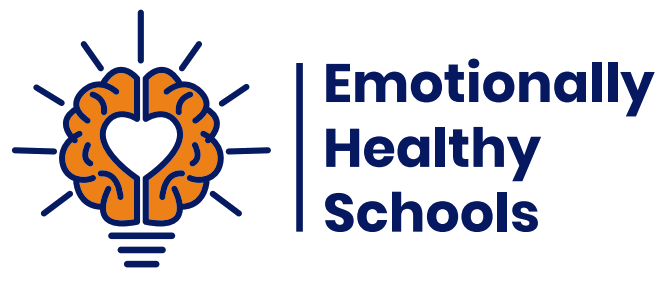How has your role changed since the school closures?
I don’t know where you’d begin. It feels like my role was frozen in time when the schools closed back in March, with a lot of the focus on school improvement, curriculum development and strategic work put more or less on pause, without knowing when we’ll press play again. I recently updated the school improvement plan with the progress made so far this year, but I don’t know when we’ll be able to get back to that work. Where I had always been looking at the longer picture, now it’s all about the day to day, week to week, with fast movement and responses to national updates. I’ve gone from being the head of a large primary school, to the head of a virtual school, with some staff on site, some teams working remotely, large amounts of outreach going on whilst also delivering a ‘bricks and mortar’ school service to some children. The core focus has been managing the emotional health of staff, children families. Safeguarding has been an increasing part of everyone’s roles for those children we don’t see and there is also a lot of added administration such as COVID registers, which adds to workload. All the while, I am keeping an eye on the longer term goal, thinking about what September might look like and the next academic year.
What measures do you think have been most important in managing the emotional wellbeing of your school during the closures?
Keeping the communication open with everyone has been most important thing. The staff have anxieties about their own or their family’s health and are getting much of their information from the news. It’s been important to regularly communicate what our school is doing with the guidance that’s out there. If there are staff that we’re worried about, we’ve been regularly checking in, doing home visits at a social distance, delivering care packages etc. For children and families, we have a list of check-ins for class teachers and assistant heads, including some home visits. Our assistant head who is currently on maternity leave is uploading Dojo with mental health signposting and support daily, such as Bridge the Gap resources. We have said to parents that we’re here to talk to by phone and this communication is key. Many parents are struggling with home schooling and we’ve given support on how to restructure their days. For parents or children who are struggling with their mental health, we communicate regularly. Our priority is to keep everyone talking.
What measures do you think will be most important to maintain/ initiate on return to school?
At the moment, it’s about managing people’s emotions about coming back to school in the first place. People are worried about it being safe enough. We are focussing on developing and communicating clear risk assessments that allow staff and parents to trust that we’re not putting them at risk. We are going through all the measures and taking time to plan properly. We’ve increased our contact with staff, especially where they have childcare issues or health issues and thinking about wellbeing for those people. When we return, we’re ensuring that we have safe spaces for people to take time out, we’re also thinking about our bereaved staff, including counselling referrals where they might need it. For our children, mental health and wellbeing is the top priority on return to school. We know that some of their home environments may not have been conducive to learning and that some children may not have been doing a lot of school work. Our focus will not be on what the children haven’t done during lockdown but, instead, looking at moving forward from here and reassuring them that the world around them is a safe place to be. We’re going to be delivering a lot of R time with a focus on nurture, making use of our learning mentors and bringing in therapists, as we expect some children may be withdrawn. Of course we are anticipating academic regression, but also social and emotional regression in many of our children.
What has been most important in managing your own/ your family’s mental health during the lockdown period?
I’ve been reliant on my support network, which are my friends and family being on the end of the phone, to talk to and express frustrations. I have tried to walk every day, avoiding feeling trapped in four walls. In the early days, when sleep was proving more difficult, I used apps on my phone such as Headspace and Calm to help me unwind. I also filter the news as it can be so overwhelming - I only watch the 5pm briefing, not getting drawn into detail. For my own children, I give lots of reassurance that things will go back to normal and also that it’s ok not to complete all the school work. Providing some routine with home-schooling has been really important in our house too. We also do other things, such as baking cakes, housework and gardening, which are life skills and just as important as the academic work.
